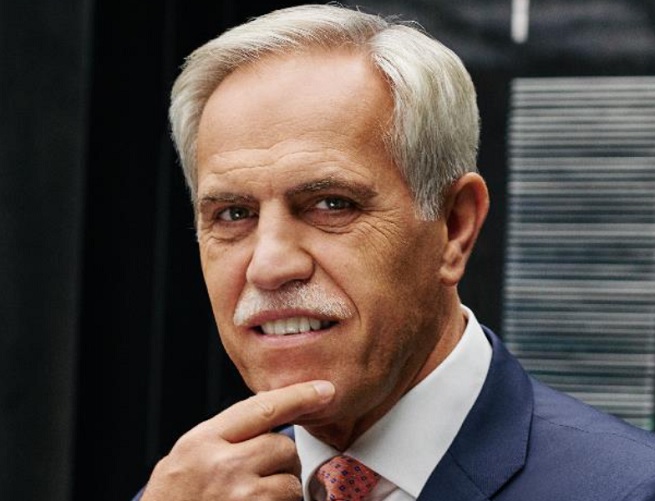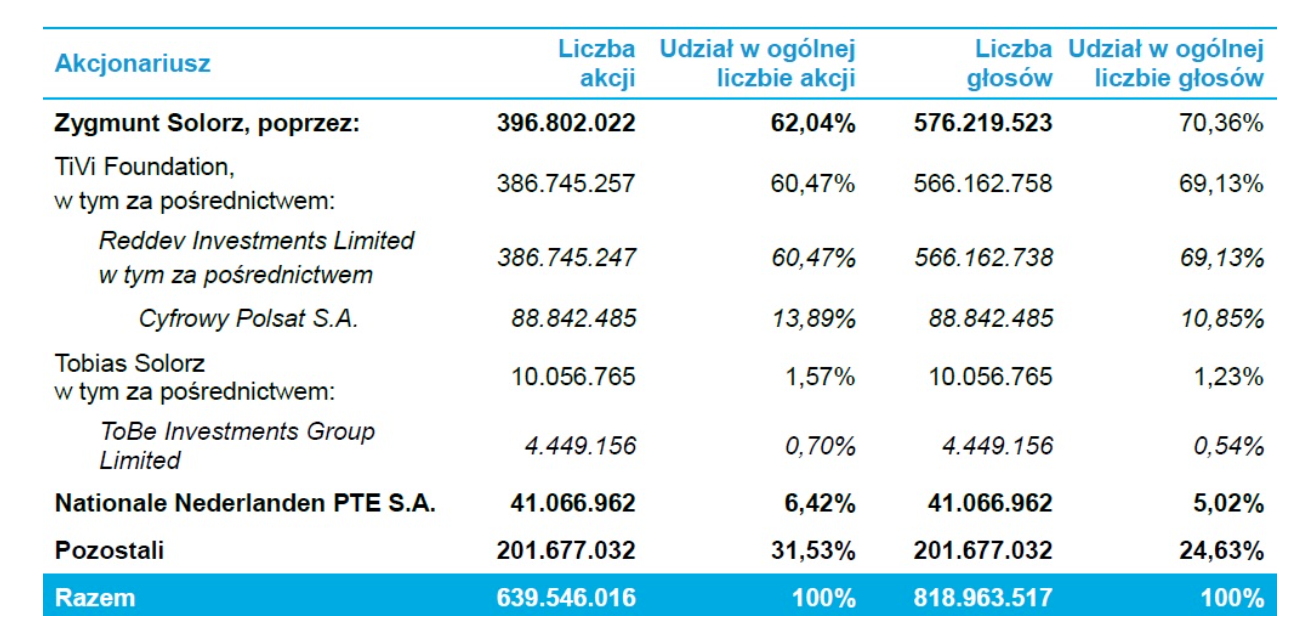KRRiT wants data from Polsat on its ownership structure. At issue are Solorz’s foreign companies.

Zygmunt Solorz, the main shareholder of Cyfrowy Polsat
By wirtualnemedia.pl | 16 June 2023
An analysis of Polsat Television’s ownership structure will determine whether it will receive further licenses for four channels, Wirtualnemedia.pl has learned. The KRRiT passed such a resolution on the initiative of Prof. Tadeusz Kowalski. It may prolong the reconcession procedure. TVN is now facing a similar situation.
Polsat Television has applied to the National Broadcasting Council to extend the concession for four of its channels: Polsat Cafe (expires July 28, 2024), Polsat Sports (expires January 18, 2024), Polsat 2 (valid until January 18, 2024) and Disco Polo Music (valid until April 24, 2024). The applications are pending.
During Wednesday’s meeting of the National Broadcasting Council, one of its members, Prof. Tadeusz Kowalski, pointed out that Zygmunt Solorz is the majority shareholder of Cyfrowy Polsat (owner of Polsat Television), and holds the shares through, among others, the TiVi Foundation, registered in Liechtenstein, and the Cypriot company Reddev Investments Limited (below are data on Cyfrowy Polsat’s shareholding from the company’s Q1 report this year).

In this connection, Prof. Kowalski requested that the ownership structure of Polsat’s channels be thoroughly checked before reconcession. “I pointed this out because these companies operate outside the European Economic Area. So if we are to follow certain rules, and in an analogous situation demand the presentation of the ownership structure from TVN, we should ask that Polsat accurately recount to us what it looks like in its case.”
Prof. Kowalski’s motion was voted down, Council members are now waiting to hear from the broadcaster. We asked Polsat Television for comment, and received no response on Thursday.
Swirski assured that Polsat is transparent
Shortly after Wednesday’s KRRiT meeting, chairman Maciej Świrski met with MPs in the Sejm and presented to them, among other things, the status of work on the TVN station’s reconcession (the broadcaster has submitted applications to extend the licenses for TVN and TVN Turbo). In doing so, he pointed out that the fact that the station does not disclose its ownership structure is responsible for the prolonged time of this process.
Responding in turn to the question of why Polsat channels are receiving license extensions faster than TVN channels, Swirski said: “There is a difference that can be seen during the concession proceedings. Well, Polsat is owned by Cyfrowy Polsat, which is a listed company, and on the stock market there are rules of transparency and any concealment of information is punished. Therefore, it is perfectly clear who manages the company, who is the ultimate beneficiary, what the revenues are and so on. TVN, on the other hand, when it sends letters to the regulator about its ownership structure it labels them “company secret.” That is, it does not want the public to know who the ultimate beneficiary really is, what the ownership structure is over the TVN company, who it depends on.”
The TVN-owned HGTV station only got its license renewed for another 10 years at the end of April this year, after a ten-month wait. In granting the broadcasting rights, the KRRiT stressed that it was still analyzing the broadcaster’s ownership structure. It also stressed that TVN, as of April 8, 2022, is owned by the US conglomerate Warner Bros. Discovery, formed by the merger of WarnerMedia and Discovery. It was explained that “the proceedings conducted in this case (of the structure – JK) are aimed at investigating the compliance of TVN S.A.’s capital composition with the provisions of the media law.”
In the first quarter, the Cyfrowy Polsat Group reported a 7.1 percent increase in revenue, mainly due to higher equipment sales, while its net profit shrank by 212.8 to PLN 71 million. The company spent PLN 179 million more on debt service than a year ago. The number of pay-TV RGUs declined from 5.049 million to 4.951 million last quarter alone, down 226,000 (or 4.4 percent) from the same period last year. The company assures that it is not threatened by the exodus of pay-TV subscribers familiar from the United States.

